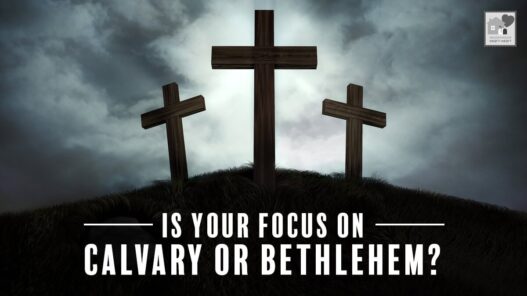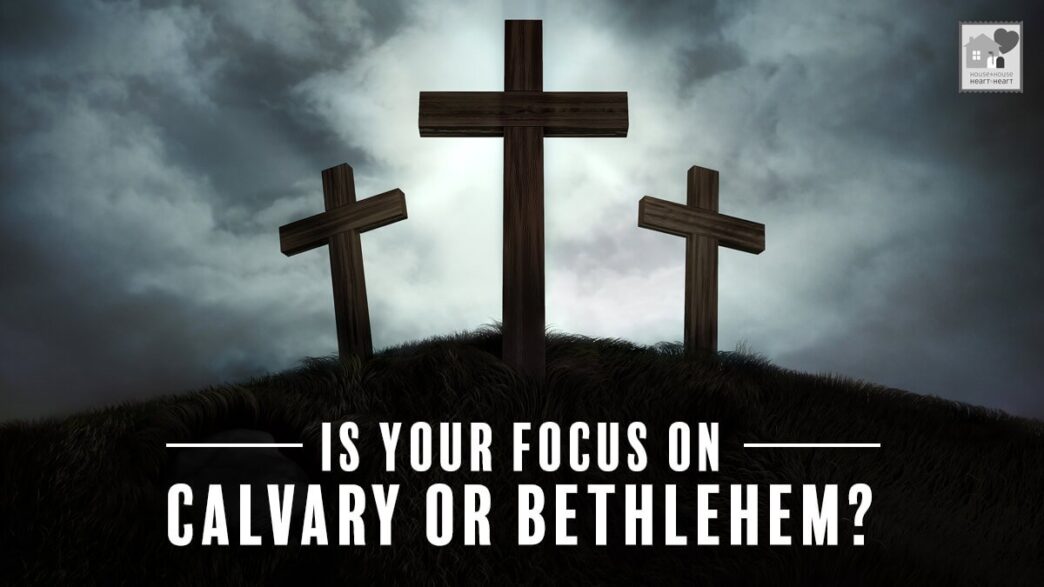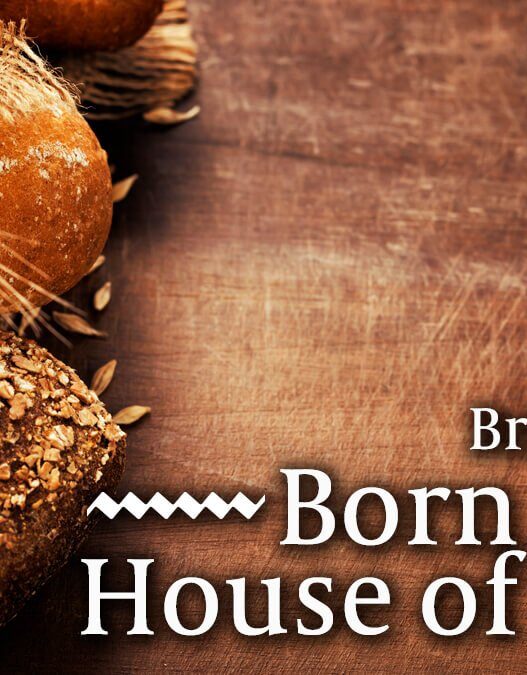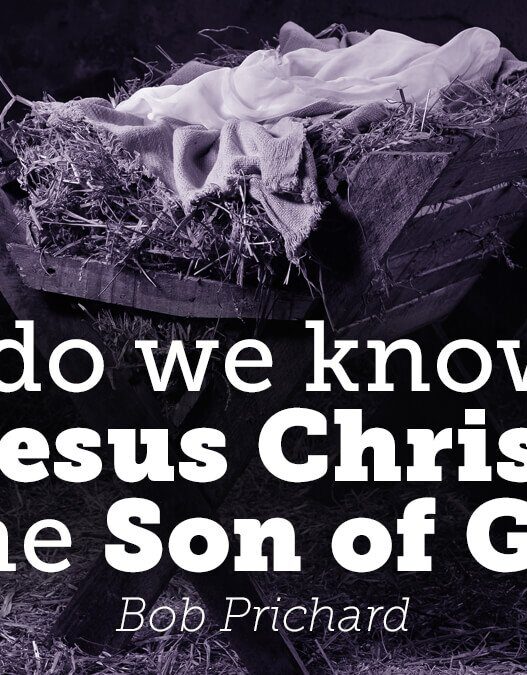It happened almost 2,000 years ago, but the residual effect is still with us today. Every time we partake of the Lord’s Supper we are reminded of that moment in history when the sins of mankind were laid upon the back of our Savior, when the Son of God bled and suffered on Calvary that you and I might live.
For some reason, though, men have a desire to celebrate the birth of Christ rather than His death. We decorate our houses with glittering lights, wrap our presents in pretty paper, and sing holiday songs for approximately twenty-eight days. Then we go on our merry way wishing each other a Happy New Year until the next “black Friday” when the latest gadgets and electronic marvels hit the shelves of Best Buy and Walmart.
While the birth of Jesus is most certainly a significant historical event, it was not God’s wish that we celebrate the birth of Jesus once a year, but that we remember His death once a week. Every time we break the bread and drink the cup we are reminded of Calvary! The late Johnny Ramsey so eloquently captured the idea:
On a hill far away that old rugged Cross beckons lost mankind to a nobler pursuit of life. Out of the depths of despair and ruin untold comes a clarion call from heaven that provides salvation for wayfaring men estranged from God to come back home to the Father who runs to meet the prodigals once enveloped in the pigpen of iniquity. The compelling love of the One who died for all (2 Corinthians 5:14) draws us to a richer, fuller, and purpose-filled life that responds to the suffering Savior in obedience, gratitude, and loyalty (The Words of Truth, April 25, 1997).
The real impact of Christianity is not found in a manger one cold December morning. In fact, evidence suggests that our Lord was born in the early to mid-spring rather than the dead of winter. The heralding angels, the shepherds, and the wise men all played a part in ushering the Lord and Savior into this world. We cannot, yea would not, diminish the importance of that moment when Mary gave birth to the incarnate Son of God. Without His birth there would have been no life; and without His sinless life there would have been no value in His death beyond that of ordinary mortal men.
The real impact of Christianity is not found in a manger one cold December morning.
However, it is not His birth but His death that provides hope. It is His death that unleashed the power of heaven to save men from their sins. It is Calvary, not Bethlehem, to which the eyes of lost humanity must turn for hope. It is Calvary, not Bethlehem, where Jesus paid the price for the sins of humanity. It is Calvary, not Bethlehem, where Jesus fulfilled God’s law, satisfied divine wrath, and opened the fountain of life from whence has poured forth the cleansing blood of our Lord for twenty centuries.
Yes, all this happened at Calvary, not Bethlehem! —Tom Wacaster
“But God forbid that I should glory, save in the cross of our Lord Jesus Christ, by whom the world is crucified unto me, and I unto the world.” —Galatians 6:14







